
Analyzing Square-Enix's Vow to Return to Making Games for Core Fans - Article
by Ben Burnham , posted on 04 April 2014 / 8,040 ViewsSquare-Enix wants to return to the business of making Japanese games for the core gamer.
That was the sentiment expressed by Company President Yosuke Matsuda in a recent discussion with Nikkei Trendy, following what was seen as a rather difficult 2013 for the Japanese publisher and what turned out to be the surprise worldwide success of their 3DS RPG, Bravely Default.
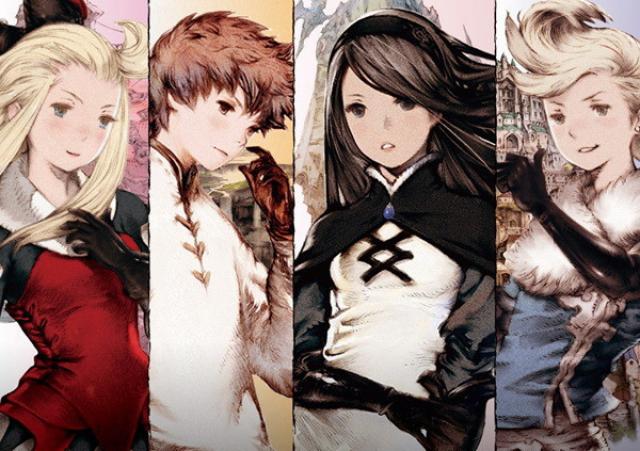
“In the past,” Matsuda said, as translated by Siliconera, “when we developed console games with a worldwide premise, we lost our focus, and not only did they end up being games that weren’t for the Japanese, but they ended up being incomplete titles that weren’t even fit for a global audience.”
“If you focus too much on the global aspect,” he continued, “you might lose sight of who you’re actually making the game for. For example, if you look back at 2013, we’ve had some home console games made for a global audience that struggled.”
It’s a statement that presents itself as a major change in direction for Square-Enix, who, like many other Japanese publishers, struggled throughout the seventh generation with an identity crisis. Even franchises which had been popular for years in the West, such as Final Fantasy, were affected; the Western version of Final Fantasy XIII saw two of its Japanese theme songs removed, and producer Yoshinori Kitase - more than once - cited Western shooter franchise Call of Duty as a key inspiration for its structure and direction.
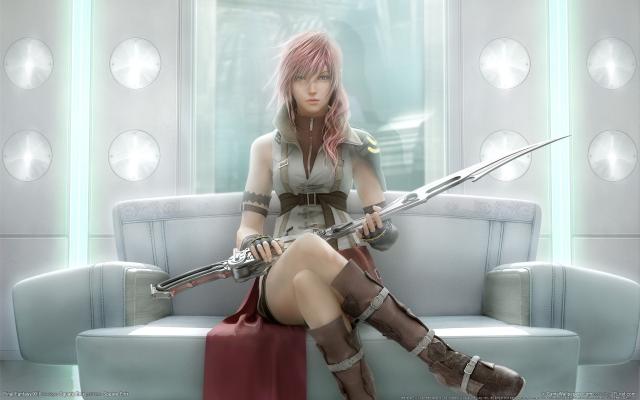
That this strategy was taken on by Japanese developers isn’t particularly surprising given the increasingly high costs of game development, and the increasing need for games to sell well outside of just Japan in order to be successful. The seventh gen also saw the industry shift in focus, with reaching wider audiences and attracting less experienced gamers becoming a priority almost across the board.
It oftentimes resulted in changes made to existing franchises, including to Square-Enix properties like Final Fantasy, and even their Western-developed games like Hitman, that many fans just weren’t happy with. And Matsuda seems to be letting them know that Square-Enix has taken notice.
“The development team for Hitman: Absolution really struggled in this regard,” he admitted. “[The team] implemented a vast amount of ‘elements for the mass’ instead of for the core fans, as a way to try getting as many new players possible. It was a strategy to gain mass appeal. However, what makes the Hitman series good is its appeal to core gamers, and many fans felt the lack of focus in that regard, which ended up making it struggle in sales.”
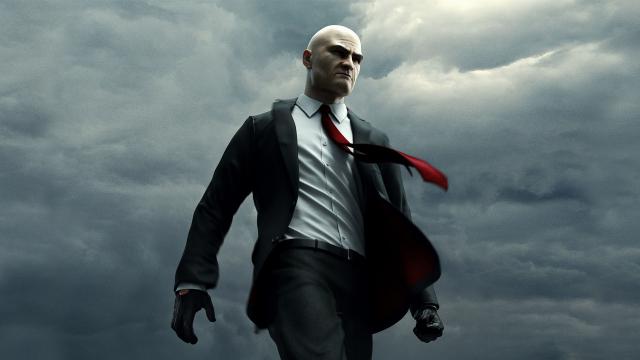
These are fairly bold comments from the president of one of Japan’s largest publishers, though it makes sense to point out that the games he’s referring to were developed under the watch of his predecessor, Yoichi Wada, who resigned from Square-Enix in 2013. According to Matsuda, the key game responsible for what he says will be his company’s new direction going forward was the well-received 3DS Japanese RPG, Bravely Default.
“On the other hand,” he said, “there are games like the JRPG we made for the Japanese audience with the proper elements, Bravely Default, which ended up selling well all around the world. Due to having split [the development mindset] according to regions around the world, we weren’t able to see this clearly up until now, but fans of JRPGs are really spread around the world.”
Square-Enix didn’t publish the game in Western territories, instead allowing Nintendo to take on the duties of handling its international release, and it’s very likely that the company hadn’t seen its worldwide success coming.
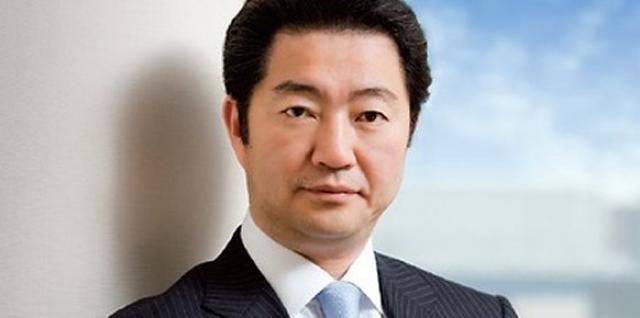
But Bravely Default's strong Western sales are somewhat symbolic of where the gaming industry seems to be headed as it enters its eighth console generation. The PS4, which was given a strong push towards the hardcore gamer, has enjoyed an incredibly successful launch. The Xbox One, initially marketed as a multimedia machine first and a gaming machine second, had a well-publicized change in gears after its debut was met with negative reception from the gaming community. And the Wii U’s continued struggle seems to be proving, more than anything, that the expanded audience brought onboard by the Wii hasn’t been up for another round. Though the eighth generation may only have just begun, it’s looking increasingly likely that we’re seeing another shift. If the seventh generation was about appealing to the non-gamer, the eighth generation may very well be about the industry realizing who it was that got it there.
That’s not to say that casual gamers or non-gamers will, or should, be forgotten. Like any successful industry, gaming has to grow. And growth won’t happen if it doesn’t, in some way, continue to attract non-gamers into the fold. Games will continue to be more accessible than they may have been in the past, and Japanese developers will of course still create games with the hopes of attracting a worldwide audience.
But Matsuda’s words are just a part of the bigger picture being formed as this console generation closes and another begins. It’s the picture of an industry that may be realizing that in its reach for profitability and globalization, it may have lost some of itself in the process. The seventh generation was not a bad one, and it featured many incredible games, such as BioShock, Mass Effect, and Red Dead Redemption; adventures which helped cement video games’ place as an art form, as a medium to be taken seriously and to be respected and appreciated.
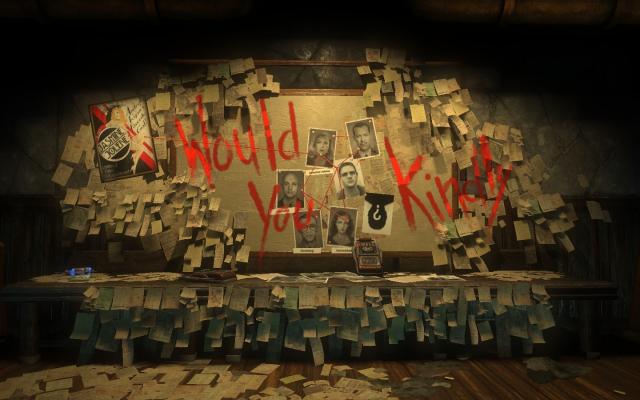
Along with that, however, it also had its Devil May Cry’s, its Resident Evil 6’s, its Final Fantasy XIII’s; games so different in their approach and in their direction that many fans of the series of which these games were a part of had trouble recognizing them, or at least had trouble recognizing the aspects of the series that they loved within them. They weren’t all necessarily bad games, but they were games met with an incredibly divided response among their fanbases.
Matsuda’s comments, if they prove to be truthful, should instill a major sigh of relief among many Square-Enix fans, and it’s proof that purchasing small, but important games such as Bravely Default really can make a difference, and it will be interesting to see if this works out well for the company. Given how much they appear to have been struggling as of late, such a move can only be a good thing for them.
It’s important to remember, of course, that one of the reasons for Square-Enix’s move to bring in a wider audience was because Japanese RPGs were going through a rough time, and they weren’t selling as well as the company needed them to. It’s for this reason that developers will need to continue to evolve the genre, and continue to push boundaries and deliver new experiences. But hopefully, this time, fans won’t be left out in the cold in the process.
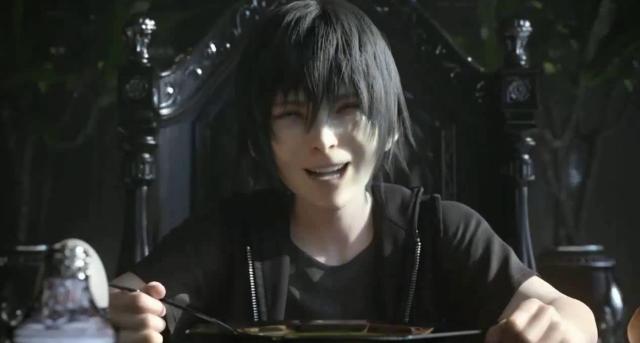
“As for the AAA titles we’re currently developing for series’, we basically want to go back to their roots and focus on the core audience, while working hard on content that can have fans say things like ‘this is the Hitman, we know’. I believe that is the best way for our development studios to display their strengths,” he said.
It’s not clear, however, whether Square-Enix’s new approach will have any impact on the upcoming Final Fantasy XV, which has been in development for at least as far back as 2006, but we can hope it at least applies to all major projects thereafter.








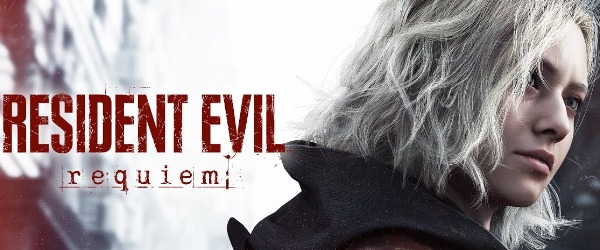
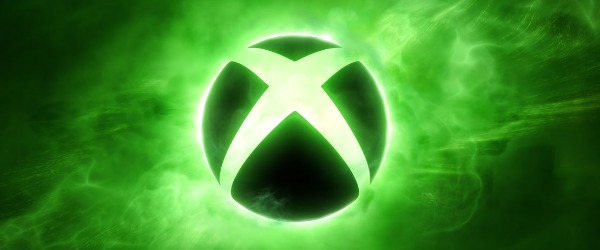
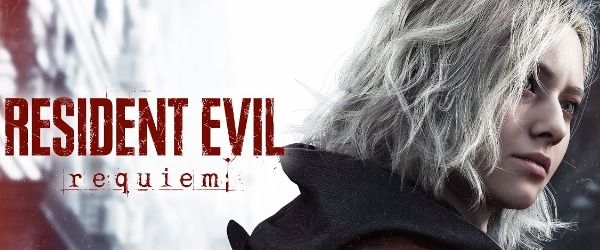
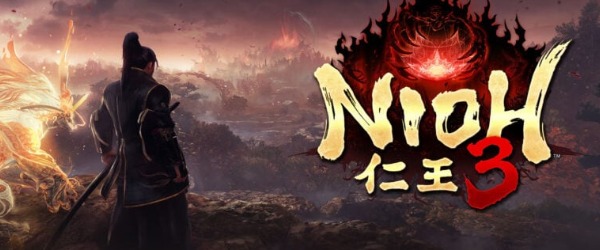










 Essay Pro
Essay Pro